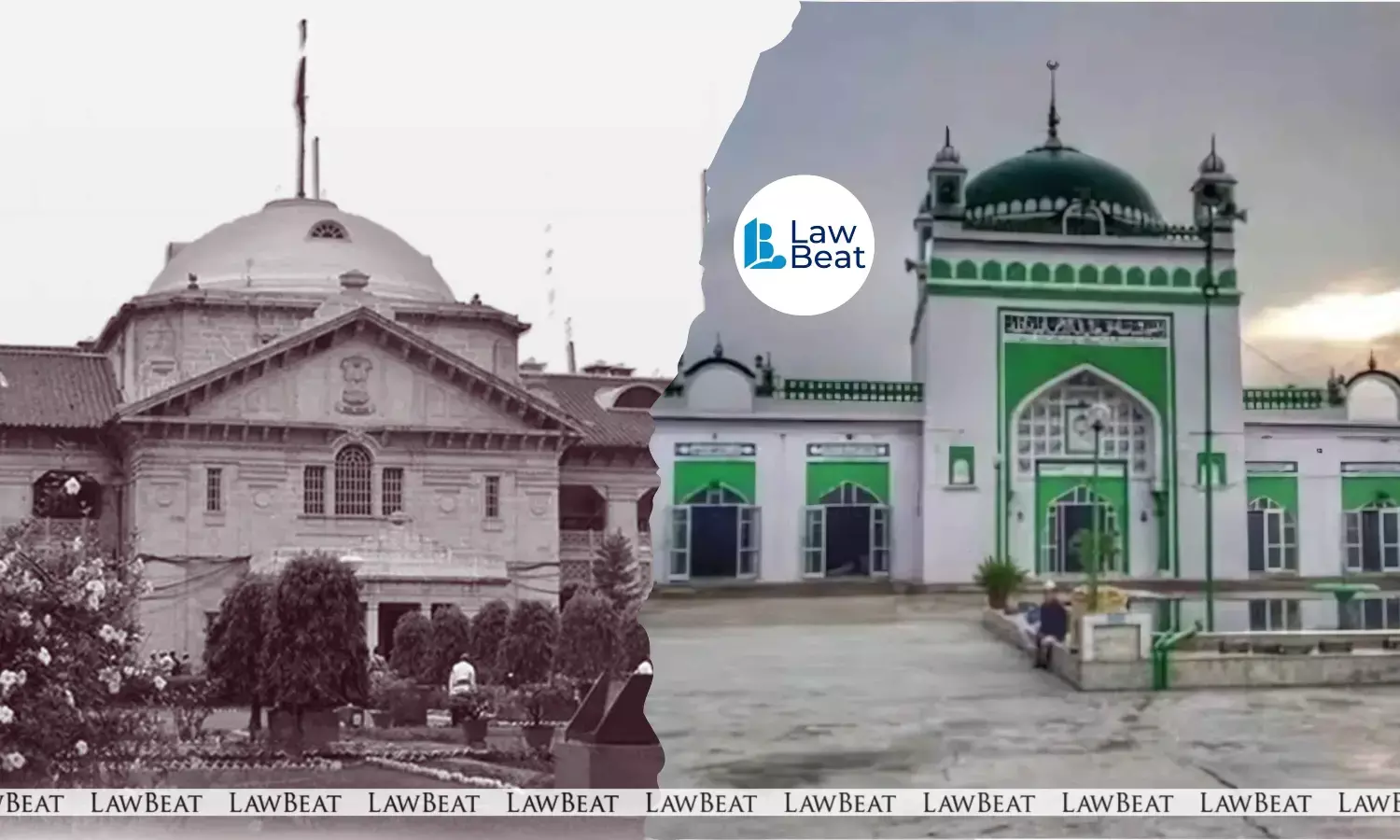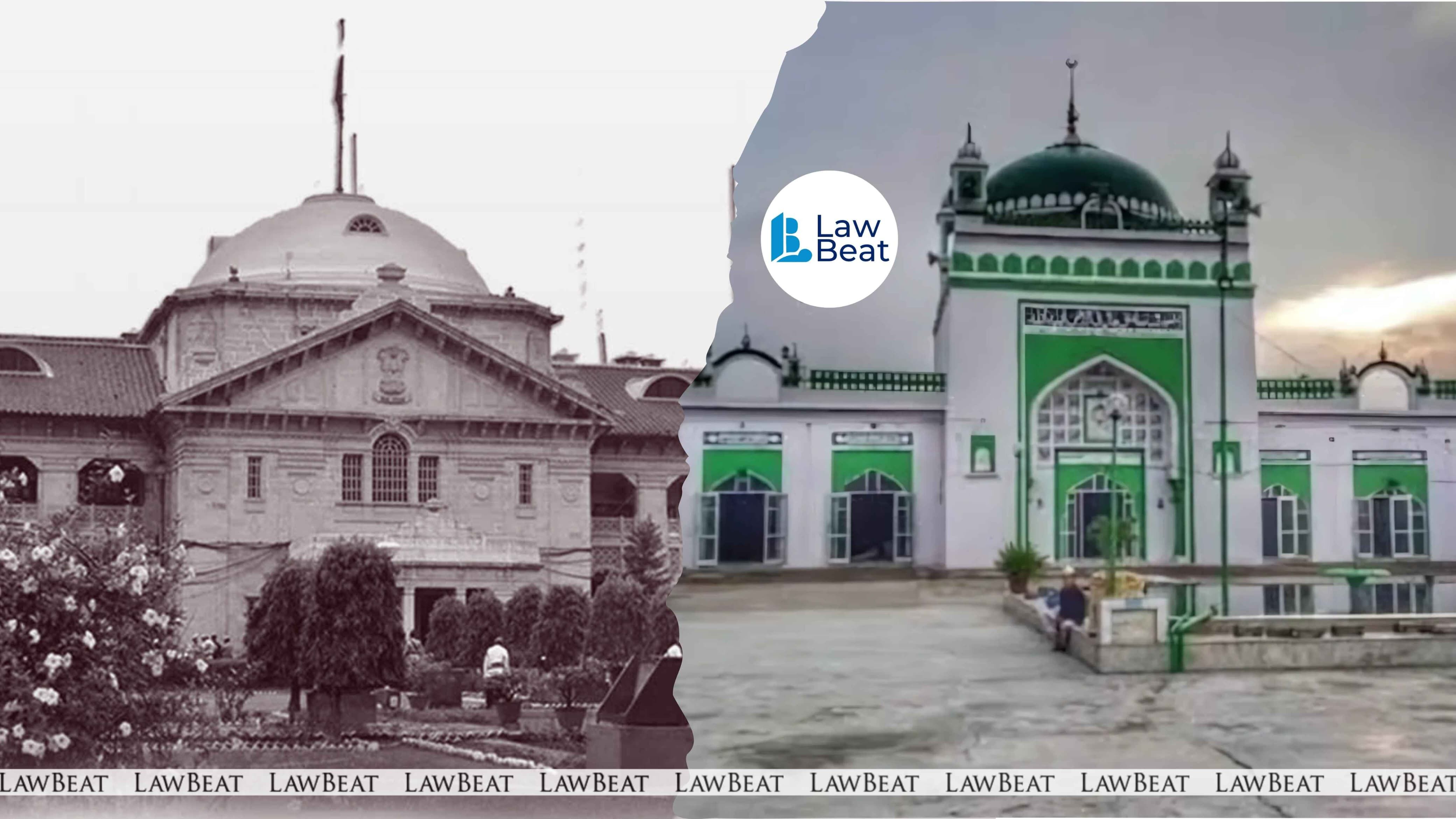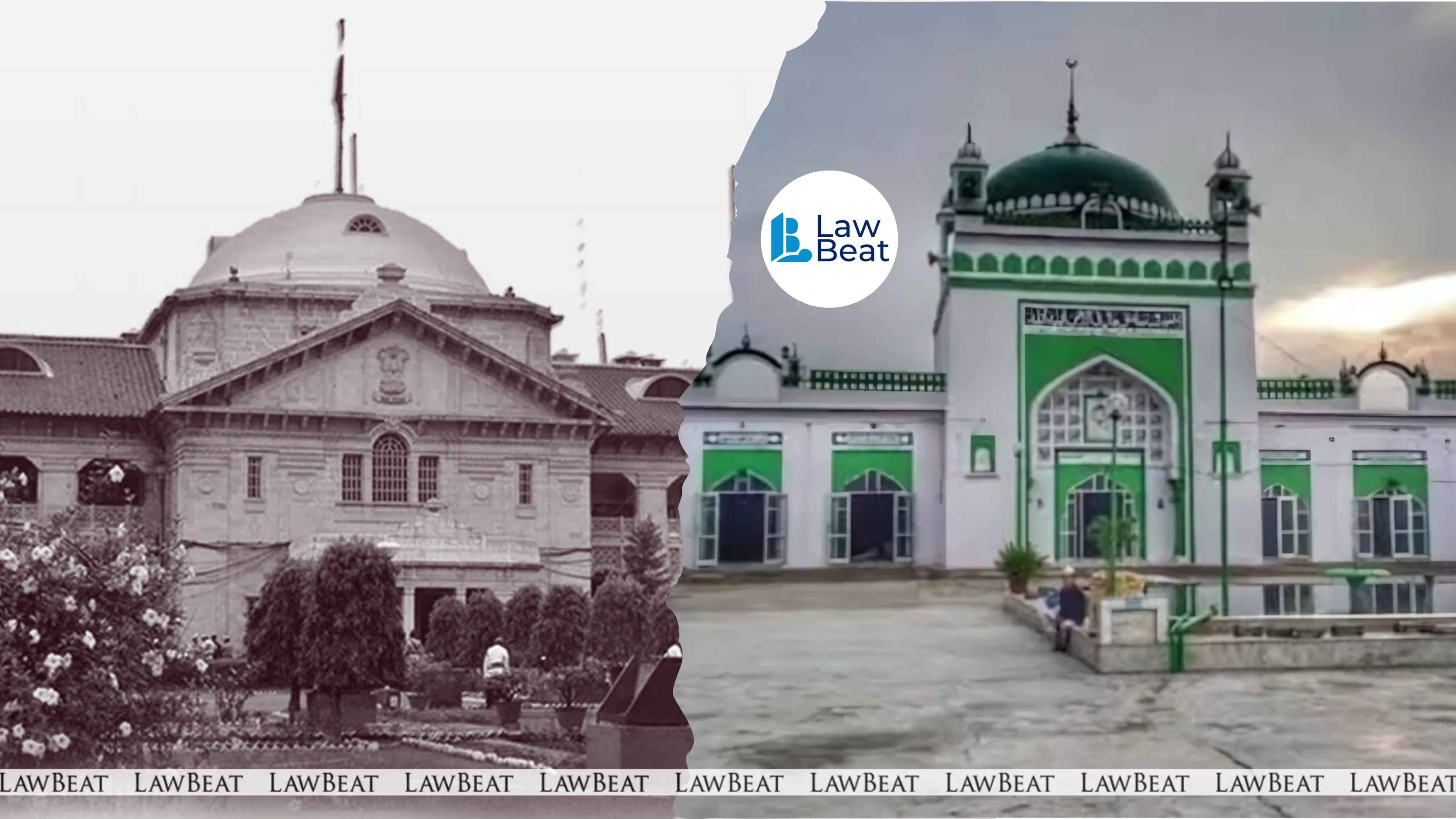Sambhal Religious Site Dispute: Allahabad HC Upholds Trial Court’s Survey Order

The Allahabad High Court has dismissed a revision petition filed by the Committee of Management, Jami Masjid, Sambhal, challenging two interim orders passed by a trial court in an ongoing religious site dispute involving claims over a centuries-old structure referred to by Hindu litigants as "Sri Harihar Temple".
The bench of Justice Rohit Ranjan Agarwal upheld the trial court’s November 19, 2024 orders that had (i) granted leave under Section 80(2) of the Code of Civil Procedure (CPC) to institute a suit without waiting for the mandatory two-month notice period, and (ii) allowed appointment of an Advocate Commissioner for local inspection of the disputed property.
The civil suit in question, filed by Hari Shankar Jain and others, seeks declarations and injunctions claiming that the monument in Sambhal—presently managed as Jami Masjid—is in fact a protected temple known as "Sri Harihar Mandir," allegedly built by Lord Vishwakarma and historically associated with the 10th avatar of Lord Vishnu, Kalki. The plaintiffs argue that the mosque was built over the remains of a Hindu temple following the Mughal invasion.
The Committee of Management had challenged the urgency cited for bypassing the Section 80 notice requirement and objected to the commission of a local survey. However, the high court ruled that the exemption was lawfully granted as the state and its officers—on whom Section 80 binds—did not object to the waiver and had effectively waived their right. A private party, the court clarified, has no locus standi to challenge the exemption under Section 80 CPC.
The high court also rejected arguments that the trial court erred in appointing a Commissioner or that it failed to specify terms for the local investigation.
Justice Agarwal noted that the Advocate Commissioner had been directed to undertake videography and photography of the site, and any procedural objections could be addressed later during trial when evaluating the commission’s report.
Addressing the objection under the Place of Worship (Special Provisions) Act, 1991, the court observed that the suit was not barred as the plaintiffs were not seeking to alter the religious character of the site post-1947, but rather seeking access rights under Section 18 of the Ancient Monuments and Archaeological Sites and Remains Act, 1958. The monument had already been declared protected under a 1920 notification.
Importantly, the court reiterated that disputes over such historically contested sites must be adjudicated based on legal provisions, procedural compliance, and evidence, rather than assumptions of settled status. “By the order appointing the Advocate Commissioner no prejudice is caused to either of the party as no lis is decided,” the court stated.
Finding no legal infirmity in the trial court’s orders, the high court dismissed the civil revision petition.
Case Title: Committee Of Management, Jami Masjid Sambhal Ahmed Marg Kot Sambhal vs. Hari Shankar Jain And 12 Others
Download judgment here


